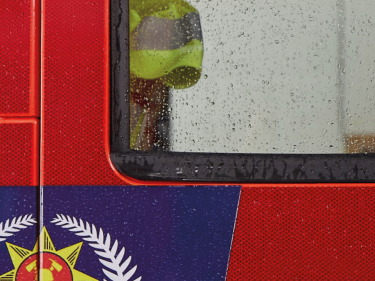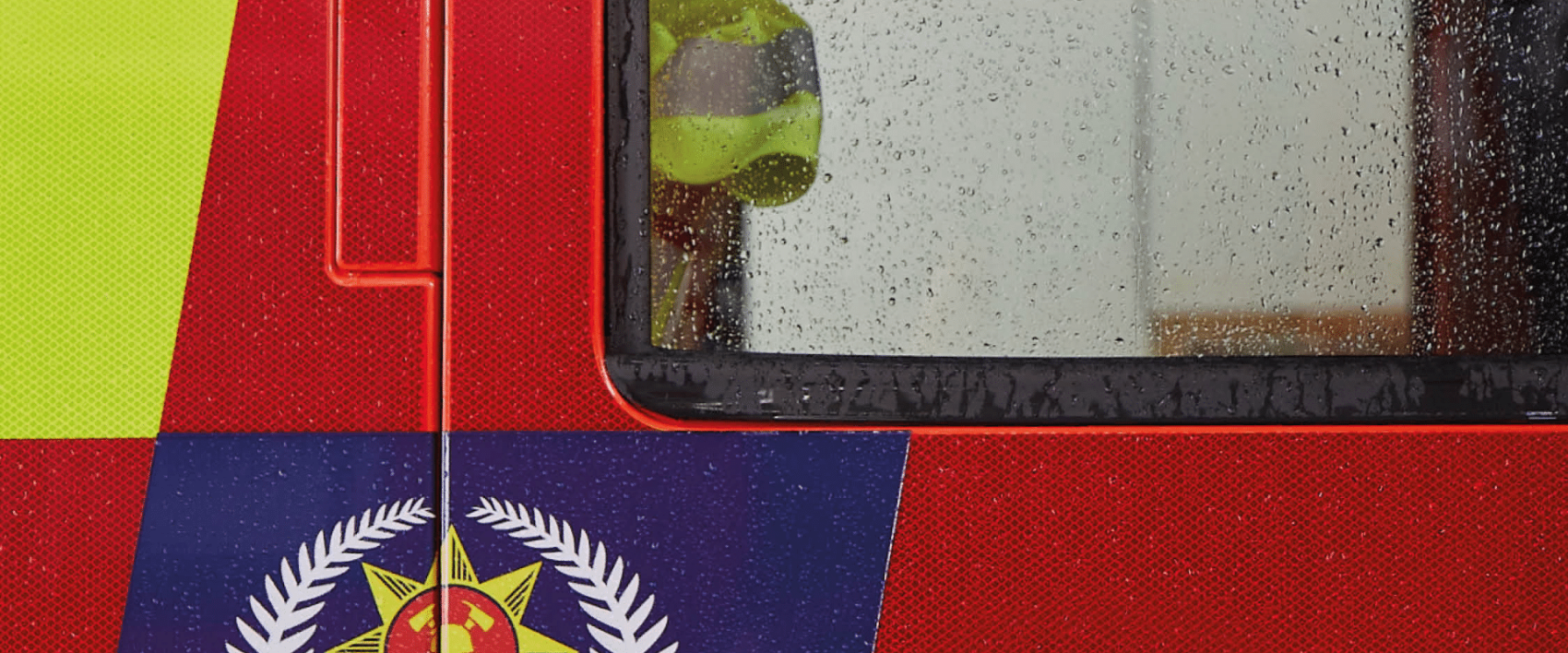The Collective Employment Agreement (CEA) between Fire and Emergency New Zealand and the Public Service Association (PSA) covers many of our non-operational corporate / national headquarters and business support roles. The PSA also share coverage of operational roles such as training, volunteer support, risk reduction and community readiness and response, with the PFU. The pay and conditions for these operational roles under the PSA collective agreement are similar to those under the PFU collective agreement.
The PSA and Fire and Emergency New Zealand agreed on a new collective agreement in December 2021.
Pay and conditions for corporate / national headquarters and business support roles
Pay varies widely across these roles due to the wide range of duties, responsibilities and specialist skills many of these roles entail.
Fire and Emergency benchmarks pay against the wider public service to ensure our pay rates are fair and competitive relative to similar jobs with other public sector employers.
Most employees benefit from pay progression within their pay band as well as an annual review of the pay band.
Pay increases have been targeted towards the lower pay grades in recent reviews, in accordance with current government expectations.
Employees receive four weeks’ annual leave, which increases to five weeks after five years’ service
Employees are able to take sick leave as needed. This can be capped at six months for long term sickness.
Long service leave of 14 days after 10 years and 14 days after 20 years.
Some roles have overtime and call out provisions, but this is for a limited number of roles.
Employees have KiwSaver contributions matched dollar for dollar, up to six percent.














